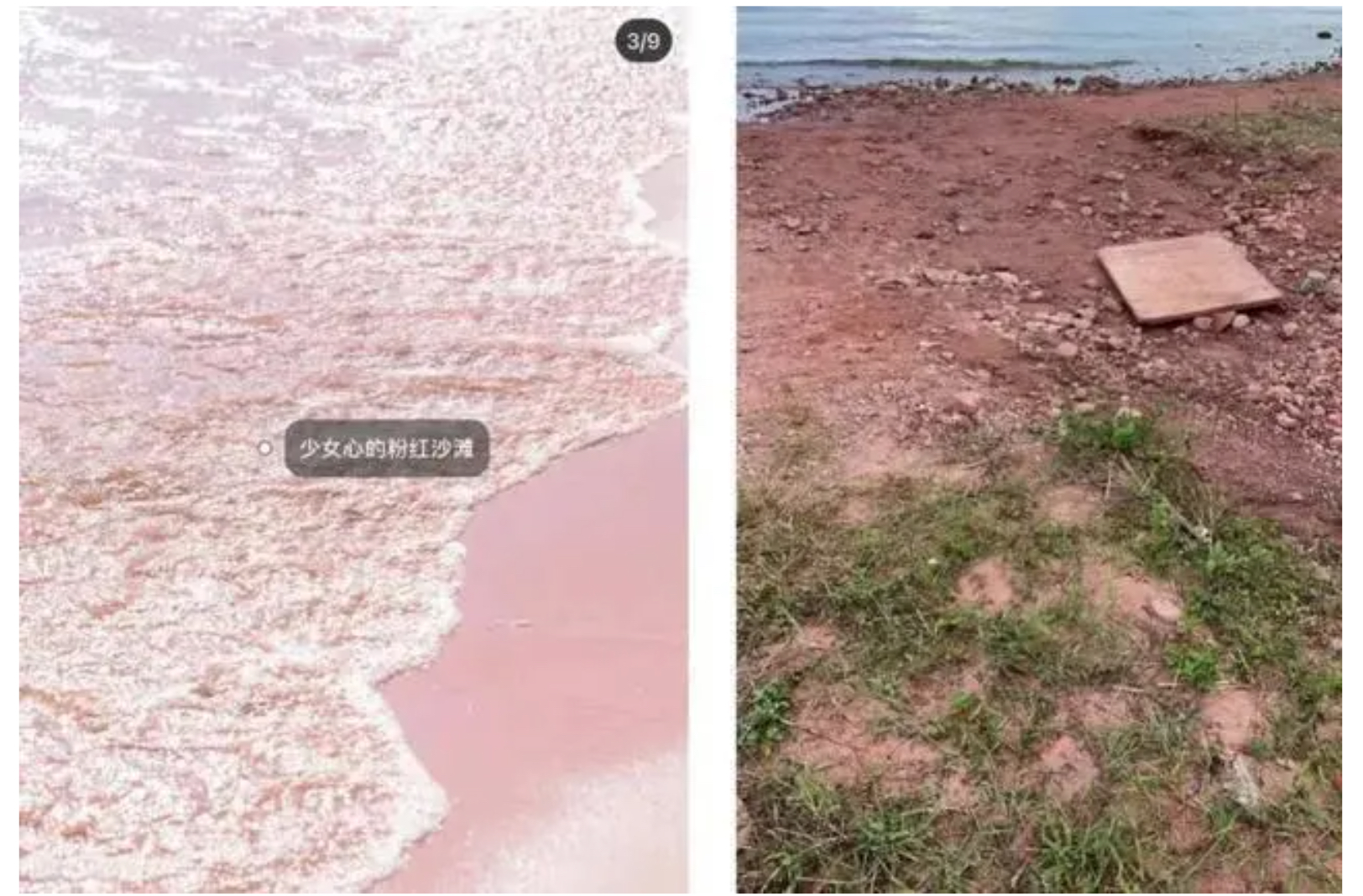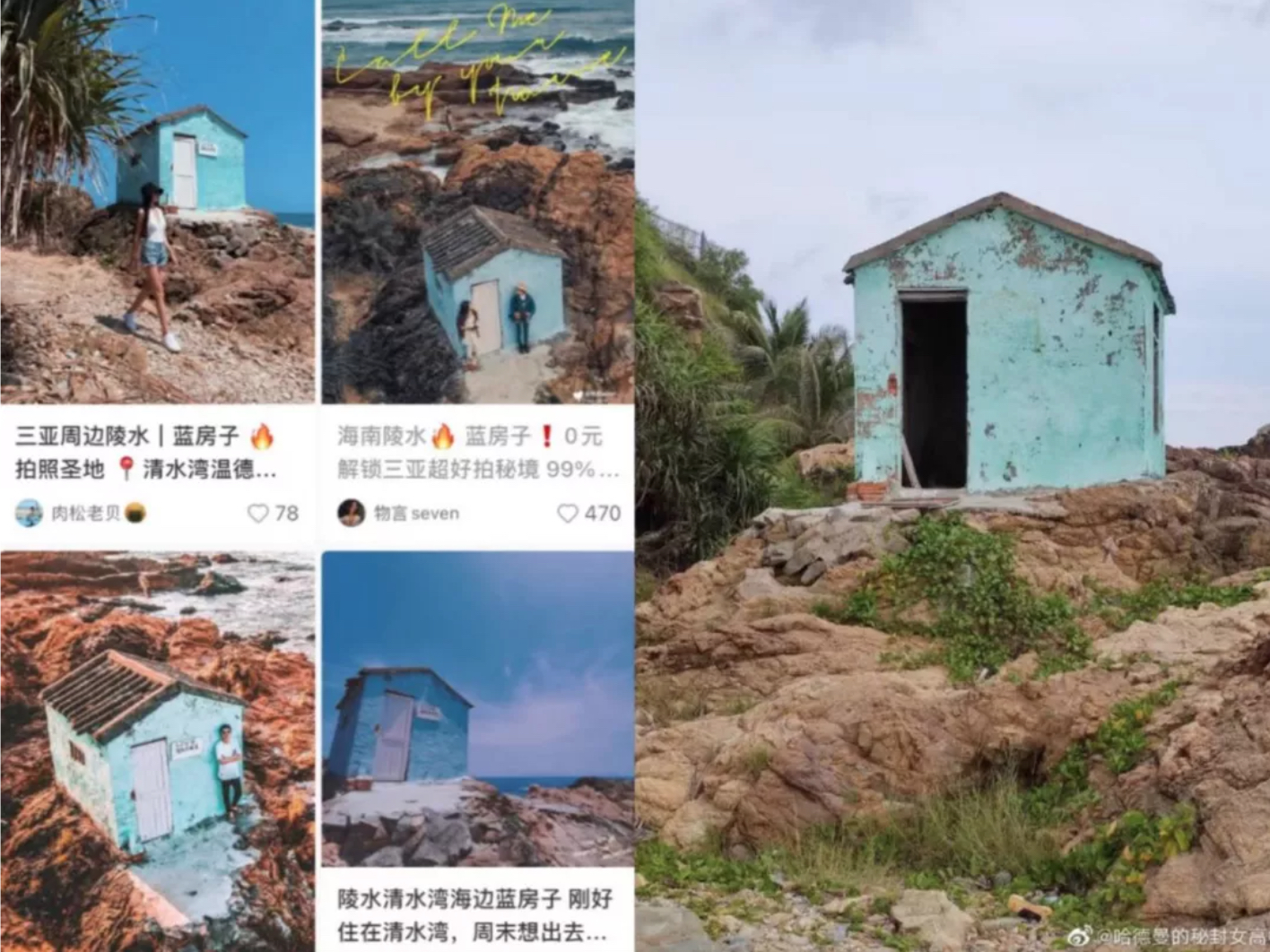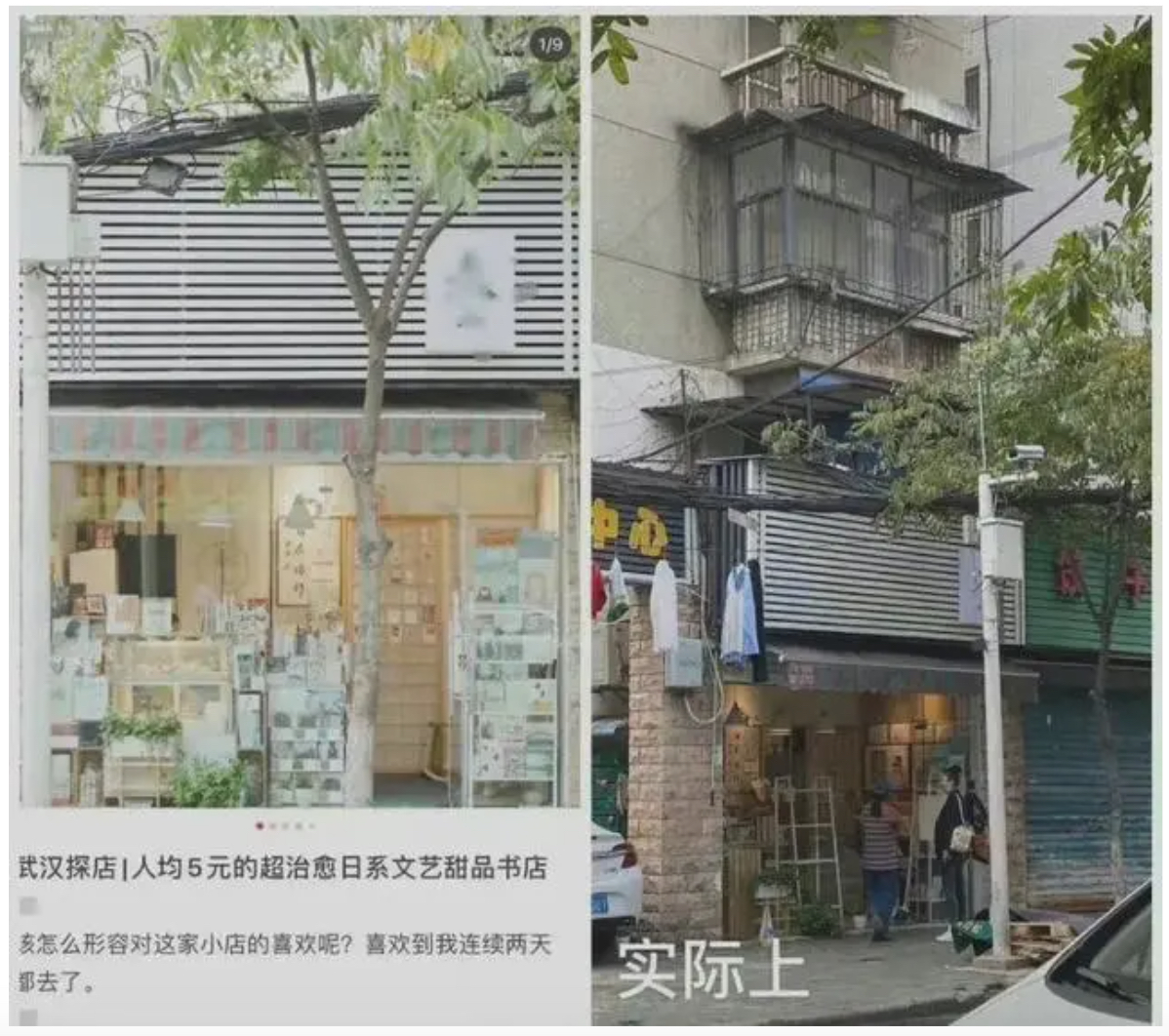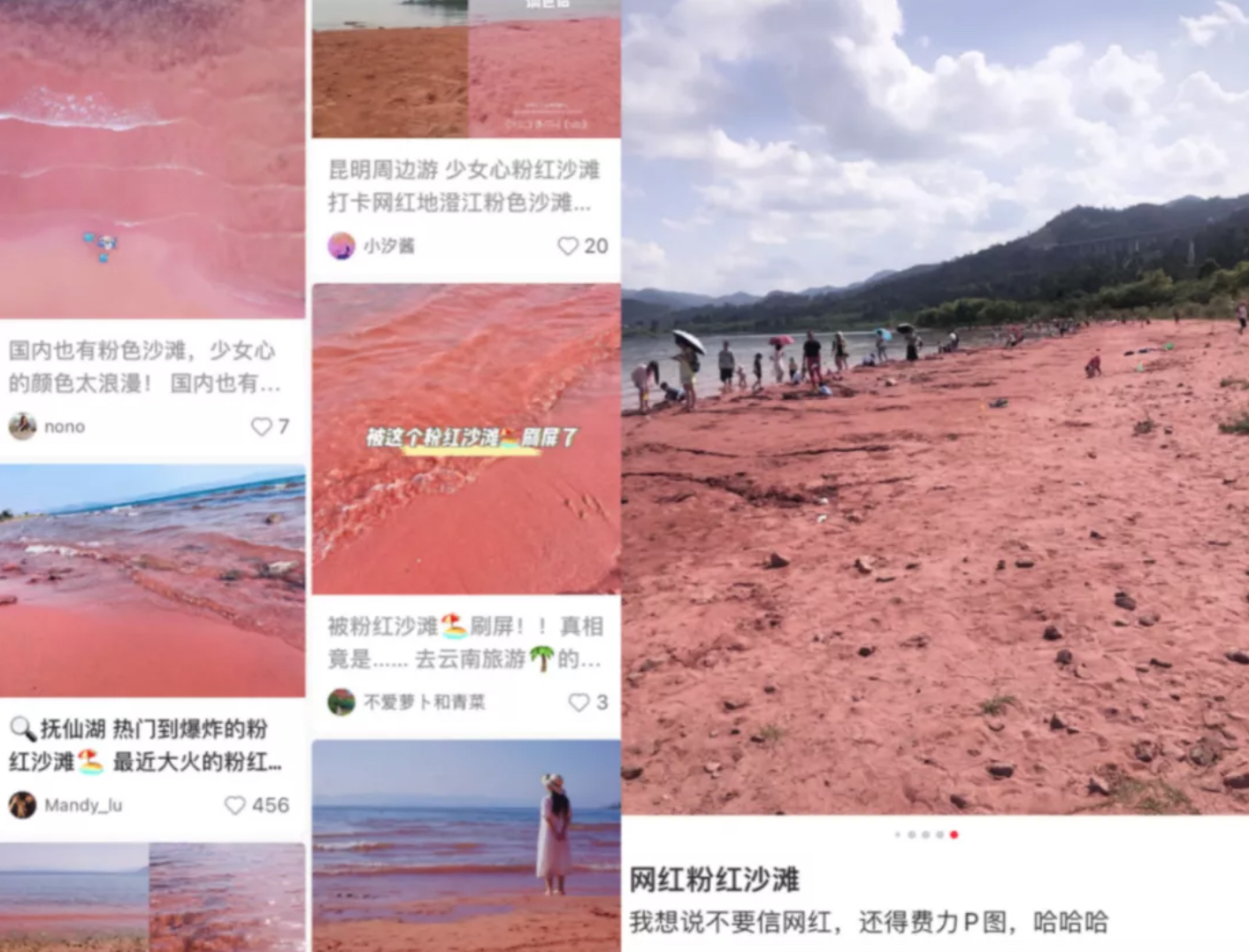Social shopping app Xiaohongshu apologizes after users complain about tourist attractions faked for social media
What if the perfect vacation spot for selfies is actually just Photoshop?

These days, for China’s tourism industry, the age of brochures and billboards are over. Instead, all it takes for a new attraction to blow up is one good photo on a social network: A carefully-composed shot that gives people a serious case of wanderlust, convincing them to visit without questioning too much about the picture’s authenticity.
But now, the inevitable backlash has arrived: Chinese social ecommerce and lifestyle-sharing app Xiaohongshu, also known as “Little Red Book,” apologized over the weekend for hosting a growing number of heavily photoshopped images of tourist attractions on its platform, following numerous complaints from users who said they felt catfished when they actually visited the hotspots.

In a statement (in Chinese) released on Sunday, Xiaohongshu, which is like Instagram but dominated by fashion and lifestyle brands, acknowledged the problem of travel influencers sharing “overly beautified” photos of tourist locations. “Because these content creators didn’t clearly state that their photos were works of photography, they were perceived as travel reviews,” the company wrote. “We sincerely apologize to our users.”
Xiaohongshu stressed that its community guidelines already contained provisions “calling for users to avoid excessive photo editing,” especially when giving recommendations in areas like beauty and fashion. The app also laid out a series of actions it planned to take to improve trustworthiness of its travel content, including giving extra exposure to posts revealing the reality of tourist traps, and a new feature that allows users to rate places they’ve visited.
Founded in 2013, Xiaohongshu initially positioned itself as an online community that recommended overseas ecommerce sites for Chinese consumers. However, the app later moved into the social media space, repositioning itself as a platform for both influencers and average users to share product reviews and life updates. As of last year, the app had more than 1,000 employees, with its monthly active users surpassing 100 million in July 2020, according to its website.


An essential part of Xiaohongshu’s allure has been its commitment to encouraging honest posts from its users, but like most social media apps, the app also has to deal with false and misleading content. And since last year, with pandemic-related restrictions being lifted and the tourism industry experiencing a revival, the travel category on Xiaohongshu has exploded with posts of influencers hyping up novel travel destinations, sometimes editing their photos so they look nothing like reality.
China news, weekly.
Sign up for The China Project’s weekly newsletter, our free roundup of the most important China stories.
One example is Fuxian Lake in Yunnan Province, which recently gained fame on Xiaohongshu for stunning photos of a beach covered in pink sand. But when hundreds of visitors traveled there during the recent National Day holiday, they found an untended lake shore strewn with broken bricks and debris.
The realization led many disgruntled tourists to call out the deceptive content they had seen on Xiaohongshu, prompting other travellers who had a similar experience with the app’s hotspots to share their stories. The collective anger quickly morphed into a social media campaign, where several hashtags — such as “I won’t trust Xiaohongshu any more” and “How powerful are Xiaohongshu’s filters?” — trended on Weibo and garnered millions of views.






